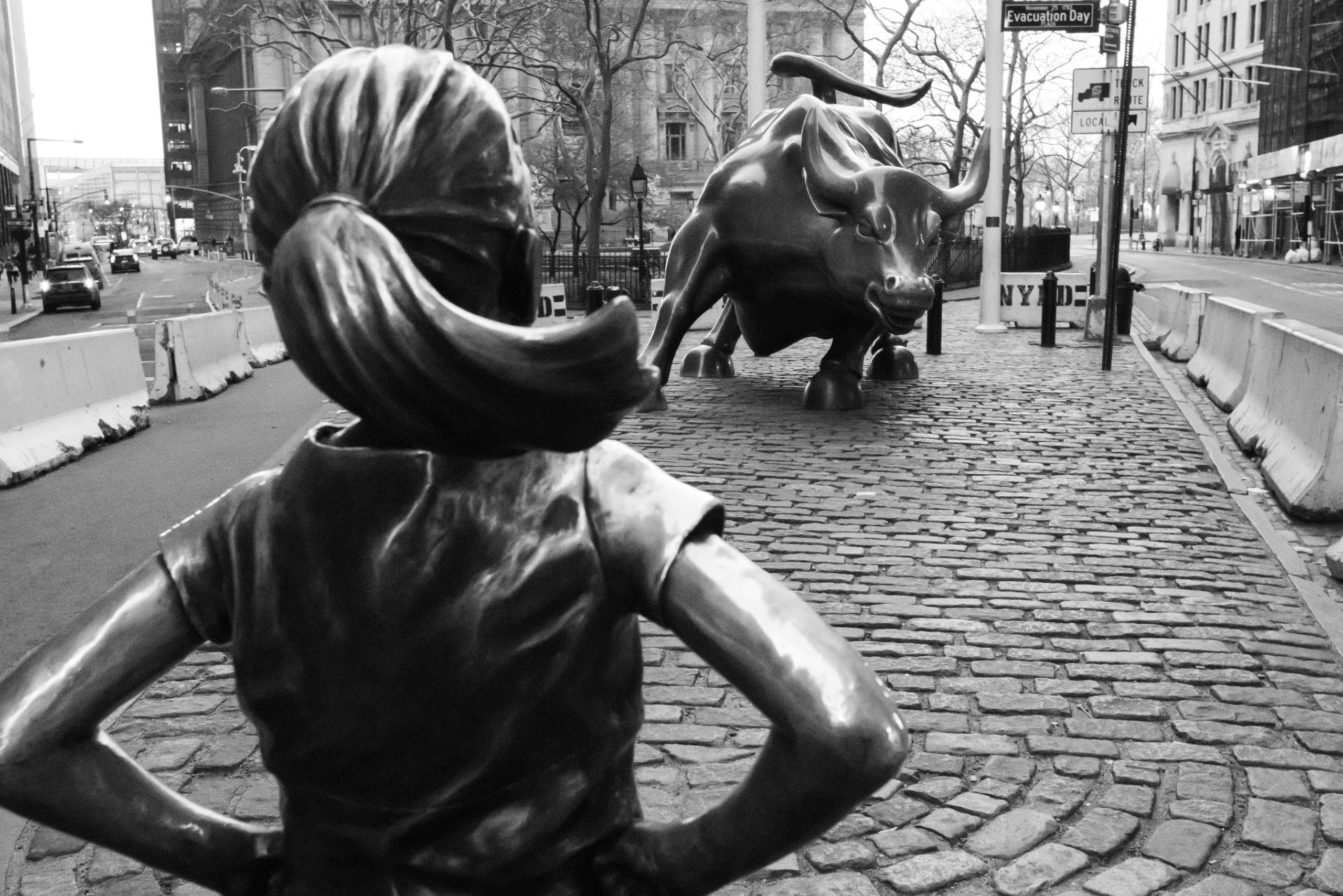My earliest memory of activism dates to the late 1960s. My family and I went to walk the picket line at my elementary school during a teacher’s strike. I would have been about eight years old. Over the course of the 50 plus years since, I have been involved in a wide variety of social justice movements, causes, and protests; work that has been a central feature of my life. And for the entire course of this five decade journey, the three terms “capitalism,” “socialism,” and “communism,” have reigned supreme as a framework for our collective understanding of our social, economic, and political landscape. Of course, there are other words that have been part of such discourse (fascism and anarchy, for example) but these three have always been the two-ton elephants in the room.
We know that our language defines our reality. The ability to name something gives us the ability to understand it, and also limits our ability to see other aspects of the world lying outside of our concepts. Understanding this linguistic truth, spiritual traditions have always had terms for the Divine that were either to be unspoken or were placeholders for things we do not know, because the Divine is something we cannot fully grasp with concept. Human experience is full of examples of language defining reality. People whose language has fewer words for different colors actually see fewer colors. Those who have fewer words for musical terms have simpler music. The Native people of the north who have many words for “ice” see and know ice in a multiplicity of ways that other people cannot understand. The list goes on.
Having three terms for our collective political discourse has similarly shaped our conversations and limited our vision. Capitalism, socialism, and communism are words that come from the evolution of European society over the past 250 years. Developed during the growth of the Industrial Revolution, they were originally coined in reference to business and governmental arrangements that are barely recognizable today. As such, these terms have been diluted and twisted in the popular imagination to the point where, in mainstream American conversation, they seem only to mean: “freedom and good business,” “bad big government,” and “really bad government.”
Yet even the most cursory, honest examination of our world today reveals the gross limitations of such terms. Our collective governmental and trans-national economies are so intertwined and coordinated that the notion of there being some fairly clear separation between “private business” and “government” is absurd. The list of examples proving my point could fill volumes, but let me just give two:
- Huge businesses that supposedly love “capitalism” also love government bailouts when their businesses are failing.
- Those who supposedly love “socialism” also love organizing using the tools of social media and the internet, both of which are great triumphs of relatively free enterprise.
In these two examples, who’s the socialist and who’s the capitalist? The answer is that it’s an irrelevant question because the terms don’t apply and aren’t helpful; they do not delineate concepts that allow us to describe and define what we are talking about.
This disconnect between our collective reality and the words we use to define reality creates social confusion and an inability to solve problems effectively. It also allows for those with nefarious intent to use such terms as weapons to generate the chaos they need to gain control and create more suffering. We see such confusion happening daily within our collective political and social discourse. People fling the terms capitalist and socialist (communist much less) at each other with no reference to any concrete definitions of the terms. Most of the time, such uses are pure nonsense, which is exactly the point. With no other language to evaluate social programs, political platforms, or policy decisions, the average person becomes mired in fear, anger, and delusion. Eventually, these feelings lead to burnout and despair, which in turn fuel disconnection from political and social engagement, which allows for social control by evil actors.
New terms are hard to define and are slow to catch on because the habits formed by old terms are very strong. Yet, I think we need new terms, and the purpose of the next three installments is to take a stab at inventing and defining a couple of new ones: Ecoism and Egoism. I hope you read on, and I also hope you participate with me in a conversation so we can move our collective dialogue in a more productive direction.
Reality Changing Observations:
1. How do you experience language as a tool that defines your perception of reality?
2. Have you ever changed your mind or your understanding of a label? What caused the change?
3. Why do we as humans shy away from complexity and gravitate towards labels? What is lost when we do this?





